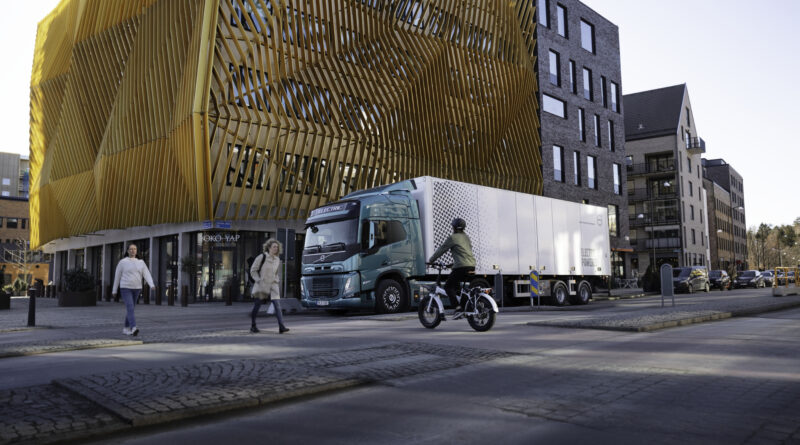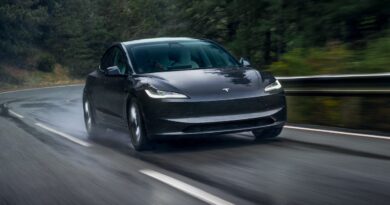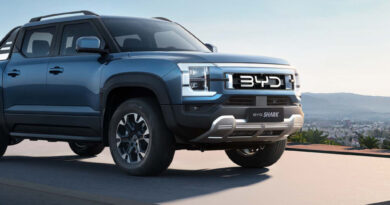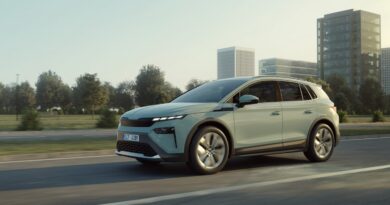Trucking industry, EV Council want electric trucks to change Australian roads
Cleaner air and quieter roads are key incentives for the trucking industry to shift to a wholly EV fleet by 2040, according to a new report released by the Electric Vehicle Council and Australian Trucking Association.
Lower running costs are also a key component of the push to introduce policies that would encourage the uptake of electric trucks in Australia.
In a market segment dominated by diesel, the trucking industry says a shift to electric could also slash running costs, in turn lowering freight costs that are ultimately paid by consumers.
Crucially, it could also allow the use of trucks outside existing curfews due to their quieter drivetrains; already there are electric garbage trucks being trialled in Australia.
READ MORE: Tesla Semi too wide for Aussie roads?
READ MORE: First EV with solid state batteries hits the market (it’s big!)
READ MORE: Hyundai hydrogen fuel cell trucks delivered to first European customers
Trucking Association chair David Smith has joined EV Council CEO Behyad Jafari in calling for the removal of stamp duty on trucks and the implementation of financial incentives to offset the higher upfront costs of electric trucks.
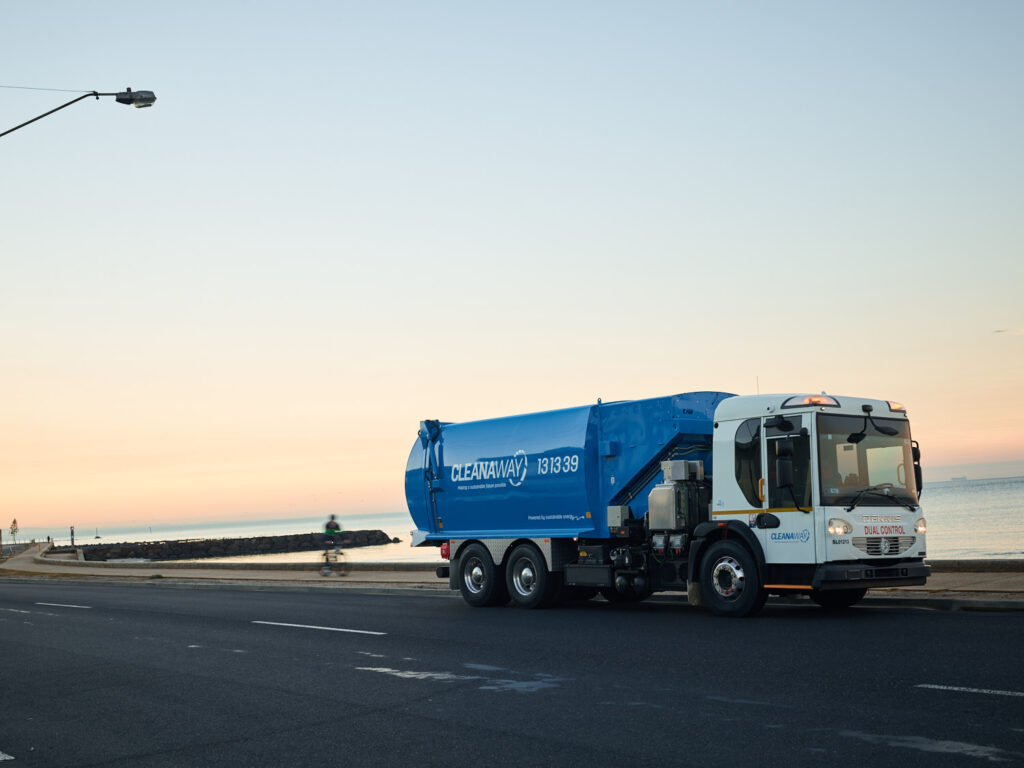
“Governments should provide an incentive payment to reduce the upfront purchase cost between electric/zero emission trucks and internal combustion engine trucks,” the report says, adding it wants sales targets introduced that would see 30 percent of new trucks to be electric by 2030 and 100 percent by 2040, in effect placing a ban on the sale of ICE trucks within two decades.
Electric trucks to lower running costs
Despite the higher upfront costs of an EV truck, the ATA and EVC claim significantly lower running costs.
A use-case for a 22-tonne truck suggests estimated diesel fuel costs of $38.78 per 100km could be lowered to between $4.67 and $14 of electricity. Those prices would rely on commercial off-peak electricity costs of between 5c and 15c per kilowatt-hour of electricity, although even at closer to household rates of about 25c/kWh an electric truck would be about $23.33 per 100km – well below that of diesel running costs.
The EVC and ATA also says “Governments should provide funding for public charging infrastructure for the freight sector” at depots and hubs as well as fast charging rest stops on major routes to keep EV trucks moving.
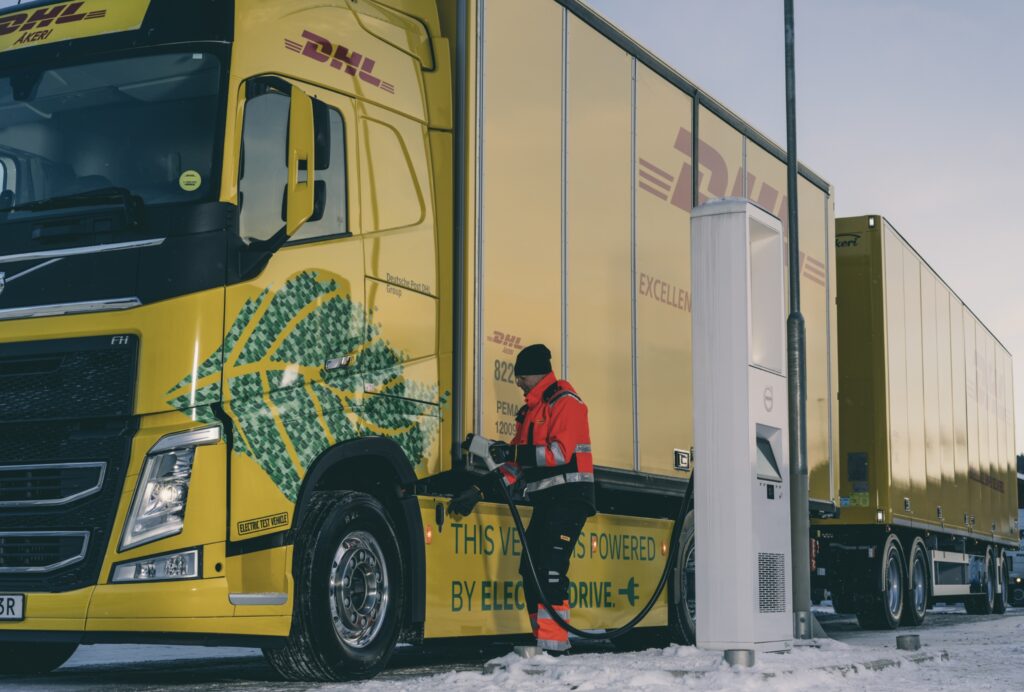
Describing the trucking industry as being “of critical economic and national importance”, the report claims a switch to EVs could save 650 lives annually in NSW due to cleaner vehicle emissions, claiming that 23 percent of all road transport fuel is produced from heavy vehicles.
“Electric trucks have significant potential to reduce vehicle noise and improve urban air quality in our communities,” the report says.
“Living close to major highways increases health risks, and whilst Australia generally has good air quality by global standards the air quality index in the Sydney, Illawarra, Lower Hunter, Melbourne and Southeast Queensland regions has deteriorated since 2011.”
Noise, health benefits with EV trucks
The EVC and ATA are also say quieter electric motors and no emissions means electric trucks should be allowed to run outside existing time limits.
“They should … be exempt from curfews,” the report states, arguing that revised trucking times during the Covid-19 pandemic also resulted in “improved productivity and efficiency, flexibility to respond to surges in demand, reliability for consumers, fewer visible heavy vehicles at peak times and improvements to road safety”.
Key to the EV truck push is changing local regulations to allow more international trucks on our roads.
The EVC and ATA are calling on the government to allow wider trucks on Australian roads “to align with standards used by major supplier economies”.
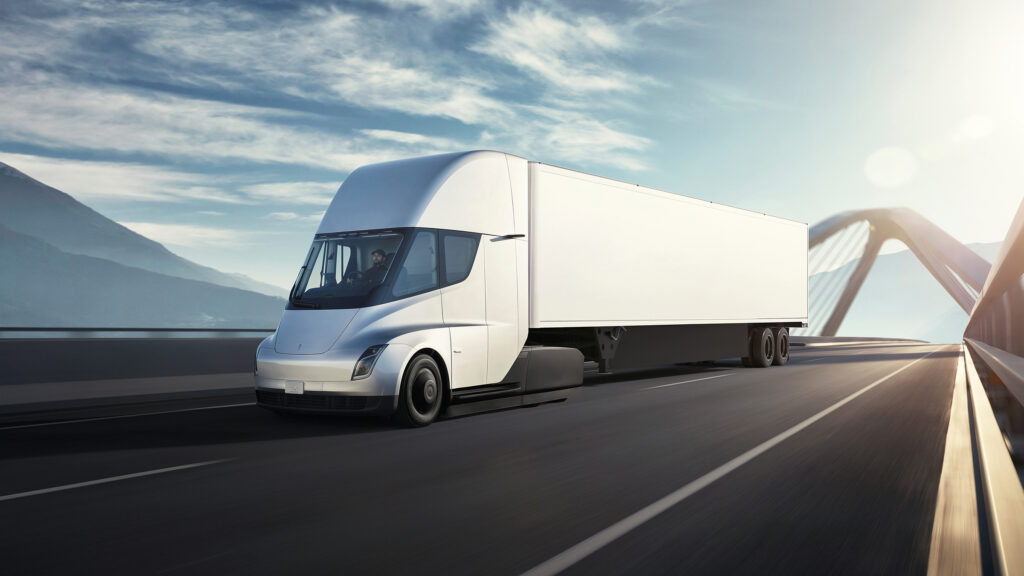
They’re also asking for an additional one tonne “concession” for zero emissions trucks “to enable more electric trucks to be introduced into the Australian market”.
The ATA and EVC are also calling for the implementation of Euro VI emissions standards for ICE trucks to reduce noxious emissions, something that would make diesel trucks more expensive, in turn lowering the price differential to EVs.
Battery electric versus hydrogen fuel cell
Globally, truck manufacturers are grappling with which direction to jump with future trucks that will be expected to emit no CO2.
While Tesla boss Elon Musk has made it clear battery electric vehicle tech is the main game, Mercedes-Benz, Volvo, Hyundai and others – including newcomers such as Nikola – are working on hydrogen fuel cells. Hyundai has previously said it is targeting 2030 as the year fuel cells reach price parity with battery electric vehicles.
But Electric Vehicle Council chief Behyad Jafari believes battery electric tech has a bigger potential – especially in the medium term – even in a country as vast as Australia.
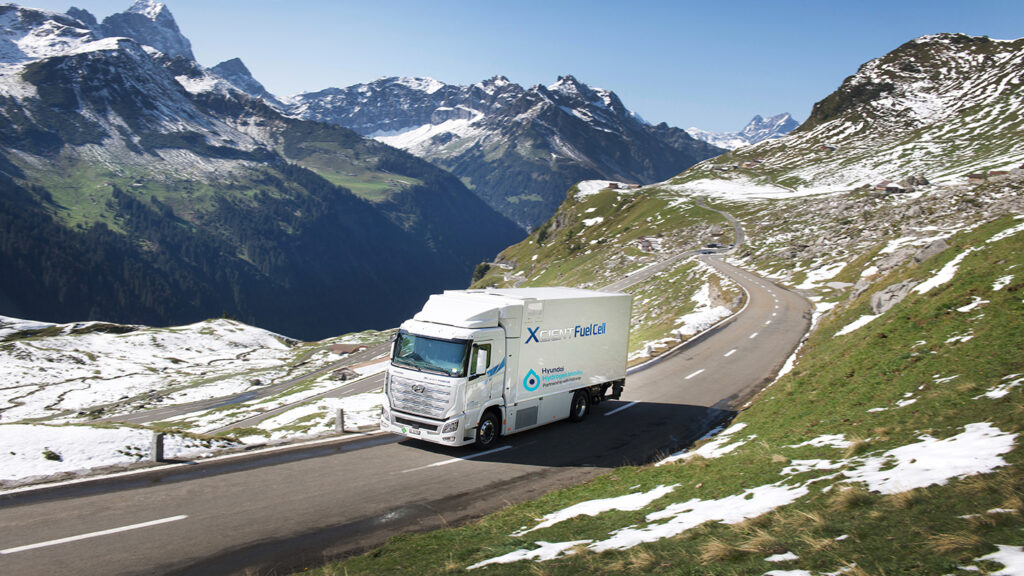
“At the moment the proof is there for electric and it works,” he says. “Hydrogen in heavier vehicles is an interesting space to keep watching.”
But he argues BEV tech is proven and can be implemented sooner without the need for expensive infrastructure.
“For 80 percent of trucks, for 100 percent of buses … battery technology is there. Electric can do what you need it to do.”

